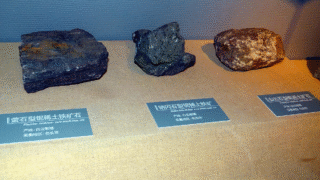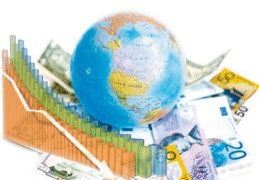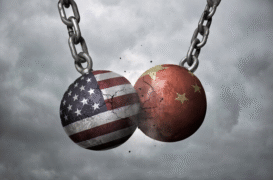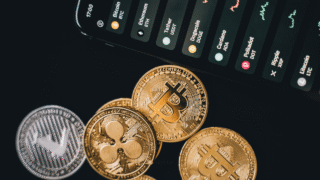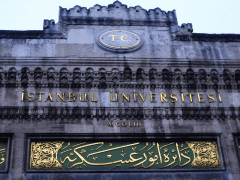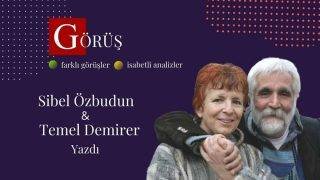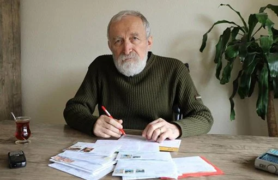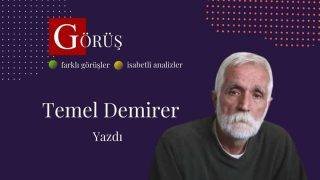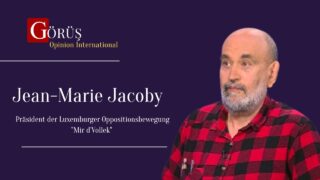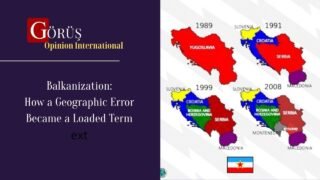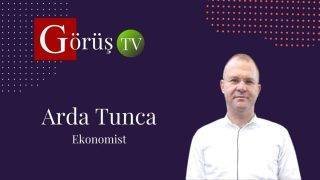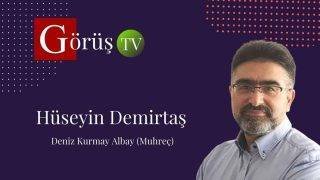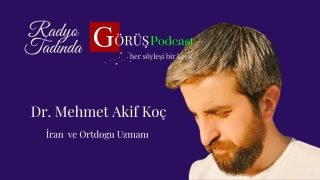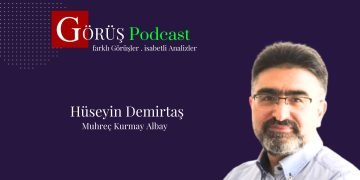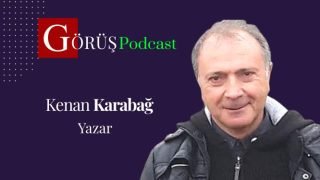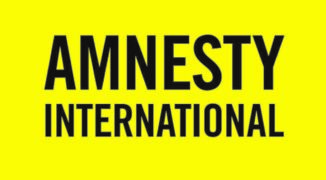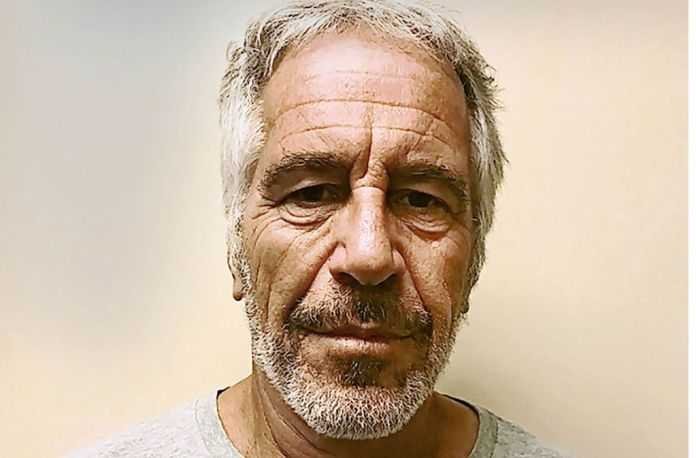
Key Points
- China’s Ambassador to Pakistan stated that Beijing is not averse to other countries investing in the China-Pakistan Economic Corridor (CPEC) project.
- He also stated that the next phase of CPEC would emphasise sectors such as agriculture, industrial development and scientific research, which would help not just the South Asian nation’s economic growth, but also in creating a diverse and capable labour pool.
- His remarks are interesting for two reasons. First, China wants to send out an unambiguous message that its Belt-Road Initiative (BRI) – and that project’s crown jewel, the CPEC – which has drawn criticism, is not exploitative in nature. Second, Pakistan has the opportunity to pursue economic relations with other countries using CPEC’s assets.
- An important question that arises is whether the current coronavirus crisis could be utilised by South Asia as a catalyst for greater economic co-operation in the longer term.
Summary
Speaking at an event in Islamabad, China’s envoy to Pakistan, Yao Jing, said that China would have no objection whatsoever to investment by other countries in Special Economic Zones (SEZs) that are part of the China Pakistan Economic Corridor (CPEC). The event, “Dialogue on Industrial Co-operation under CPEC and SEZs Framework”, held on 10 March 2020, was organised by Pakistan’s Board of Investment. The Pakistani Prime Minister’s Adviser on Commerce, Abdul Razak Dawood, also addressed the event, noting China’s crucial role in Pakistan’s economic development and in alleviating its energy crisis.
Analysis
Pakistan Has Sought Investment from Other Countries in CPEC Projects
Islamabad has sought the participation of a number of countries, including the United Arab Emirates (UAE), Saudi Arabia, Iran, and even the US, which has been critical of the project, in the CPEC.
During the visit of a US delegation to Pakistan in February 2020, led by Wilbur Ross, Secretary of Trade and Commerce, Pakistan invited Washington to invest in the project. Saudi Arabia and the UAE have already committed to do so. In January 2019, Saudi Arabia agreed to set up a US$10 billion ($16.2 billion) oil refinery at Gwadar Port, a key node of the CPEC project. China has given much importance to the port due to its strategic location, no matter that, of late, it has drawn some scepticism due to the lack of any significant traffic or cargo passing through it. In the past, it was believed that Beijing was not particularly happy when Islamabad sought third country participation in CPEC, but, given the changing economic dynamics as well as the criticism Beijing has faced regarding the BRI and CPEC, it appears that China has decided to change its approach.
It ought to be noted in passing that Iran has proposed on more than one occasion that Gwadar Port be connected with its port at Chabahar. The two ports are about 70 kilometres apart and India has been involved in developing a part of the first phase of the overall development of Chabahar Port.
China’s Response to Criticism of BRI
China has tried to indicate over the past few years that it is sensitive to criticism of BRI-related projects which has increased in recent years. In fact, soon after Imran Khan took over as Prime Minister, some of his colleagues including Razak had described some CPEC-related projects as being overpriced. One such instance was Chairman Xi Jinping’s speech at the opening ceremony of the Forum on China-Africa Co-operation in 2018, during which he stated that Beijing was keen to ensure that African states that are part of the BRI actually benefit from China’s projects, thereby creating a “win-win” situation. Beijing has also renegotiated projects with Myanmar, after it encountered resistance from the local population. The cost of constructing the Myitsone dam, for instance, was initially estimated at US$7 billion ($11.3 billion), but that price was brought down to US$1.3 billion ($2.1 billion) after the ruling National League of Democracy (NLD) pointed out that the project was overpriced and Myanmar would be unable to deal with the long-term economic debt that it would engender. The project is an important component of the ambitious China-Myanmar Economic Corridor.
Pakistan’s Recent Outreach
With a view towards reducing its dependence on China, Pakistan is trying to strengthen its economic ties with Russia and Turkey, and also those with the United States. The effort to strengthen US-Pakistan economic ties has been driven by old hands in both Pakistan and the US, who believe that the Washington-Islamabad relationship, despite their differences on numerous issues, is important and strengthening their economic ties may lend some credibility to the relationship. Close economic ties with the US, moreover, gives Pakistan a sense of credibility in regard to inviting investment from other countries.
The US-Pakistan relationship is generally viewed by the Trump Administration through the prism of “transactionalism”. The impression that President Trump gives is that the US dependence on Pakistan largely stems from the former’s need to access (and perhaps withdraw from) Afghanistan. During the visit of the US delegation, the US is said to have shown interest in Pakistan’s energy, agriculture, oil and gas, and food processing sectors. There were also discussions regarding US investment in Pakistan’s e-commerce sector.
Significant progress in their economic relationship is likely to take time, however, and will not happen overnight. The US is in an election year and the Trump Administration faces other challenges; a primary one being dealing with the coronavirus.
The US aside, Pakistan also claims an important role as a mediator in the ongoing Iran-Saudi Arabia competition.
Returning to the issue of Sino-Pakistani relations, some key takeaways of recent developments are noteworthy. First, Beijing seeks to legitimise the CPEC project by getting more stakeholders on board. That objective illustrates Beijing’s sensitivity to criticism of its BRI projects – and criticism of its goals and methods, in general.
Second, China is keen to send the message that its ties with Pakistan are beneficial for both countries and Beijing does not want to create a relationship of dependency, as the US and multilateral organisations like the IMF have either claimed or implied.
Third, Pakistan’s recent economic outreach suggests that its leaders and policy-makers realise that for the CPEC to succeed and to ensure its overall economic progress, it needs to think outside the box and not depend on Beijing to the extent that it currently does. Prime Minister Khan, ever since taking office, has spoken about the need to focus on greater trade with other countries and especially with Pakistan’s neighbours like Iran and India, so that the economy improves and the country’s dependence on international aid is reduced. Mr Khan made exactly that point in his first speech after his party’s victory in the July 2018 election.
Conclusion
The coronavirus pandemic is likely to have an impact on the China-Pakistan economic relationship in general, and the CPEC project in particular.
It remains to be seen how Islamabad responds to the slowing down of CPEC-related projects. Other countries that have committed to investing in Pakistan, such as the US, Russia and Turkey, are likely to focus on fighting the coronavirus pandemic domestically, and investments in general, but especially in the CPEC, may be curtailed in the short term. Yet, there are opportunities that can be harnessed.
Islamabad could use that opportunity to reach out to other South Asian neighbours, since China’s current challenges may distract it, at least in the short term, from the CPEC project. Several leaders have in fact suggested that the region adopt a collective approach towards the pandemic. On 13 March 2020, Indian Prime Minister Narendra Modi suggested that South Asian Association for Regional Co-operation members adopt a joint strategy. He subsequently hosted a video-conference with other South Asian leaders, during which he pledged US$10 million ($16.2 million) to combat the pandemic.
While a joint effort to combat the virus is not an easy task, it could lower tensions in the region and increase economic co-operation, which could benefit all South Asian states (in recent years, South Asia has been an engine of not just regional, but also global growth). South Asia has had many development opportunities in the past, but failed to fully utilise those due to the zero sum approaches that its leaders adopted. Perhaps this time those leaders will move past playing to their galleries and exhibit the much-needed pragmatism that is required to foster economic co-operation across the region.
The original source of this article is Future Directions International, 19 March 2020

is a New Delhi-based Policy Analyst. He is associated with The Jindal School of International Affairs, OP Jindal Global University, Sonipat, India. Maini is a former Visiting Fellow with the Stimson Centre, Washington DC. Mr Maini was also an Asia Society India-Pakistan Regional Young Leaders Initiative (IPRYLI) Fellow, and a Public Policy Scholar with The Hindu Centre for Politics and Public Policy, Chennai. His research interests include; Regional Cooperation in South Asia, the Belt and Road Initiative (BRI), The role of the Punjab’s in India-Pakistan ties, and Indian Federalism.
He is a regular contributor for a number of publications including; Modern Diplomacy, The Geopolitics and Görüş.

